Keywords: Catholic Social Teaching
There are more than 200 results, only the first 200 are displayed here.
-

AUSTRALIA
- Gerry O'Hanlon
- 27 May 2015
56 Comments
Archbishop Martin voted no in the gay marriage referendum. But after the result, he says the Church needs ‘a reality check across the board’, and that means more than a new language. When Church teaching is invoked to bar women from office, to forbid contraception and condemn homosexual relations as intrinsically disordered in a way that conflicts with the ‘sense of the faithful’ of so many of the baptised, then the Church, despite the many wise things it has to say, loses credibility.
READ MORE 
-

- Frank Brennan
- 25 May 2015
7 Comments
There are many things different from Ted's day, but he would have spoken of them without fear or compromise. A pope from the South who asks 'Who am I to judge?'; a 62 per cent Irish people's vote in favour of expanding the definition of civil marriage; the long awaited beatification of Oscar Romero whose identification with the poor did not win immediate Vatican approval; the call by civic leaders for an Australian cardinal to return home and answer questions posed by a royal commission; and the election of a black US president.
READ MORE
-
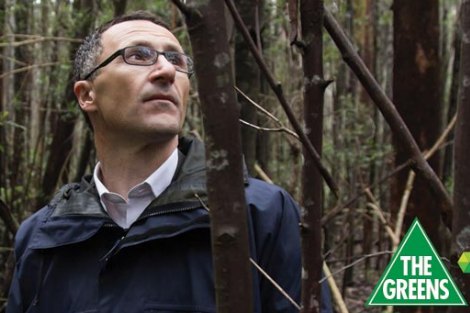
AUSTRALIA
- Michael Mullins
- 11 May 2015
9 Comments
The Greens' leadership transition is seen as a switch from hard-line ideology to political pragmatism. Previous Greens leaders have been fond of judgmental rhetoric, somewhat foolishly referring to those in the high-level carbon emitting legacy industries as 'polluters'. Perhaps Richard Di Natale will give such counter-productive personal abuse a rest. Showing mercy to the polluters' may yield surprising turnarounds such as AGL's recent moves from coal to solar energy.
READ MORE 
-
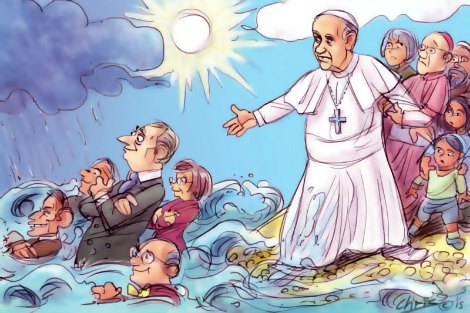
RELIGION
Both John Paul II and Benedict XVI made passing reference to environmental issues. Benedict spoke of the need for protection of the environment, resources the climate in his encyclical Caritas in Veritate. But in terms of its significance, Pope Francis’ forthcoming encyclical has the potential to do for the environmental movement what Pope Leo XIII’s Rerum Novarum (1891) did for the union movement – to provide it with a powerful source of moral and religious legitimacy in the face of those forces which have sought to limit their influence.
READ MORE 
-
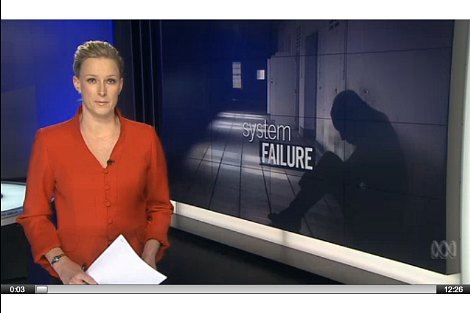
AUSTRALIA
- Paul Jensen
- 29 April 2015
11 Comments
Too often, faced with increasing complexity and professionalisation, the Church has backed away from engaging people with mental illness, thereby, unintentionally further marginalising them. But research indicates that local parishes and faith communities may have an important role to play as they seek to live out the gospel and practice the principles of Catholic Social Teaching.
READ MORE 
-
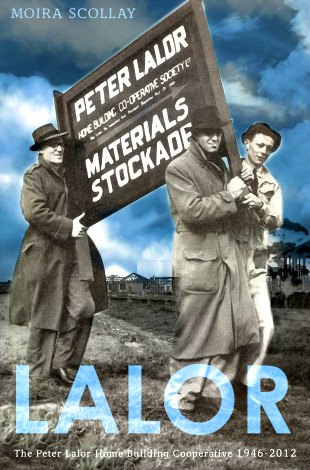
AUSTRALIA
- Andrew Hamilton
- 23 April 2015
15 Comments
Anzac Day is special but limited in its depiction of Australian virtues. A deeper manifestation lies in the housing cooperative members of former Pay Corps members who used their military schooling in planning and organisation to launch a housing cooperative north of Melbourne. It was open to everyone, regardless of religion or race, and reflected the veterans' determination to make Australia a better place free from the class divide and unfairness of the Depression.
READ MORE 
-

AUSTRALIA
- Andrew Hamilton
- 19 March 2015
18 Comments
It is becoming common to describe people who offer political, economic and cultural comment in the mainstream media as Grumpy Old Men. It is a nice insult that warms the hearts of those of us whose commentary is confined to the fringe media. 'But, wait a moment', my inner self interrupts, 'Are you really so very different?' To blot out the sound of silent scepticism, I rush on, 'There is Grumpy and grumpy. There is surely a difference ...'.
READ MORE 
-

AUSTRALIA
- Brendan Long
- 02 March 2015
5 Comments
As the freshly minted Social Services Minister, Scott Morrison has moved quickly to soften the tough stance he took in the Immigration portfolio. But it won't necessarily be easy. Patrick McClure has presented him with a massively controversial report on welfare reform which, if acted upon, would significantly reduce the incomes of a million marginalised Australians.
READ MORE 
-
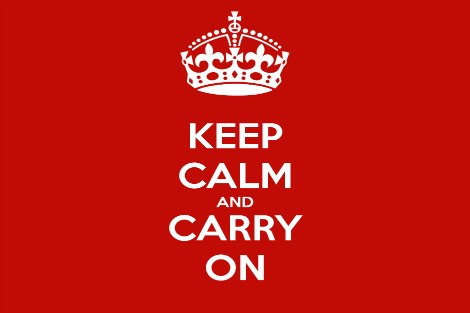
AUSTRALIA
- Tony Kevin
- 24 February 2015
29 Comments
On Monday, Tony Abbott made his finest speech as prime minister. Yet it was also scare-mongering, heavy handed and intimidatory. It reminded members of the Muslim Community that the Australian Government has the power to control and punish them. It may be a vote winner for a while, but for long term effect it’s worth contrasting it with the British Government’s successful calming messaging during the 1969-97 terror campaign.
READ MORE 
-

EUREKA STREET TV
- Peter Kirkwood
- 18 February 2015
READ MORE 
-
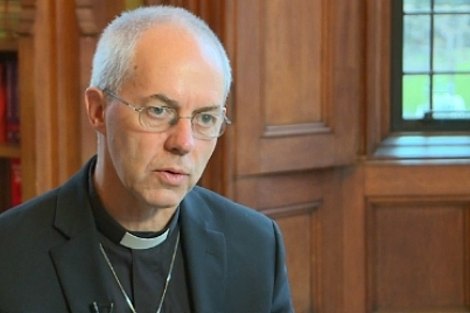
AUSTRALIA
- Michael Mullins
- 09 February 2015
8 Comments
As a former business executive, the Archbishop of Canterbury Justin Welby speaks with particular authority on economic issues. He has just given a landmark speech on the ‘Good Economy’ in which he stresses that everybody including the marginalised has a role to play. As our Coalition MPs undergo soul searching in order to reconnect with the Australian people, they might consider the virtues of a reduced pace of economic growth that has more universal benefit.
READ MORE 
-
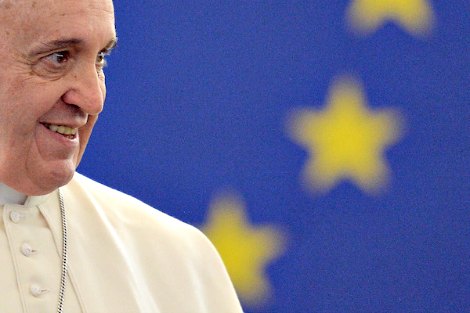
AUSTRALIA
- Andrew Hamilton
- 04 December 2014
23 Comments
Pope Francis' recent reflections on Europe apply also to Australia. He points to the cult of economic growth that exists at the expense of human values and the relationships that shape our humanity. His critique suggests the challenge facing our Government is not to make its policies appear more palatable when they're not, but to offer policies that are in themselves enriching.
READ MORE 